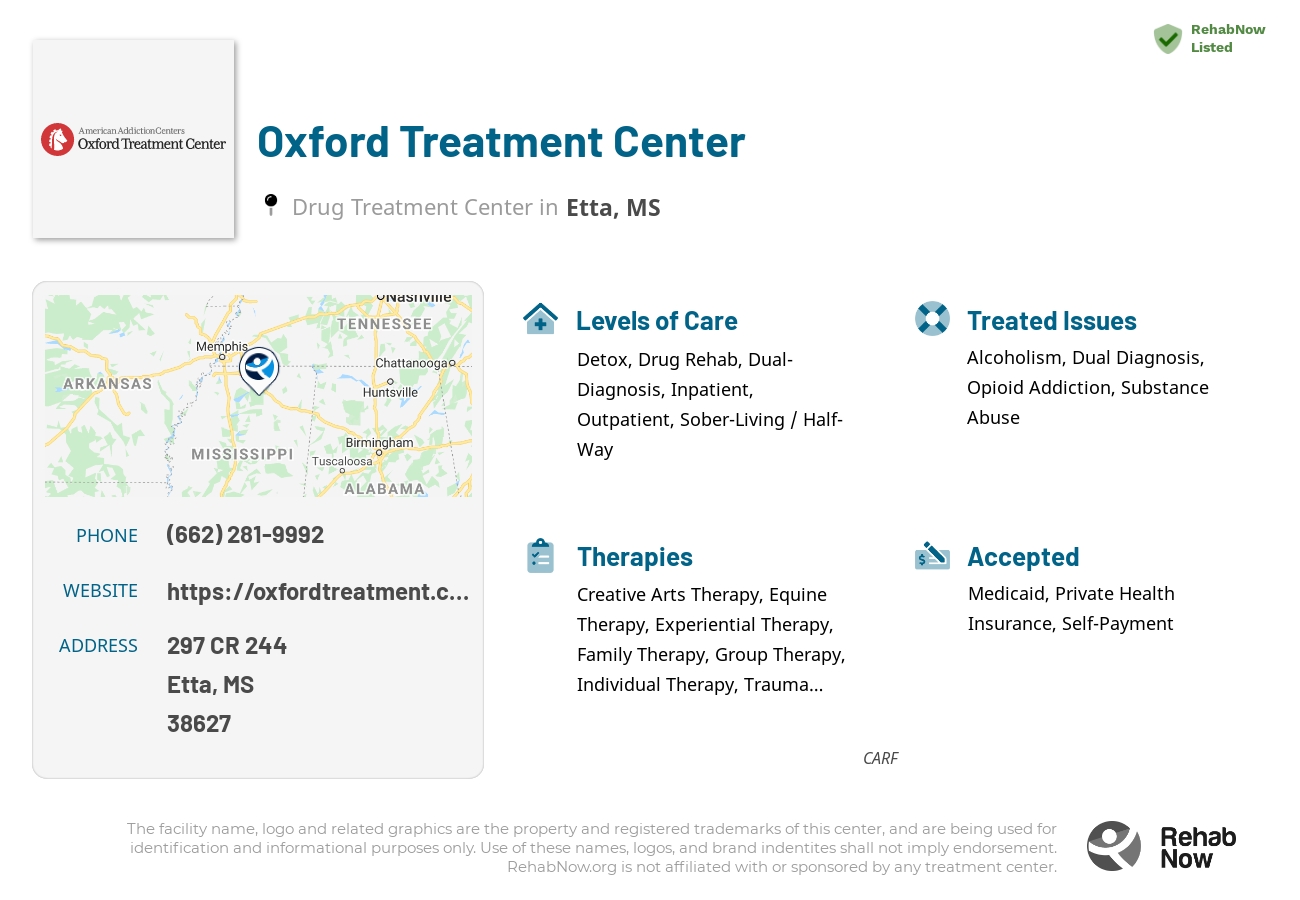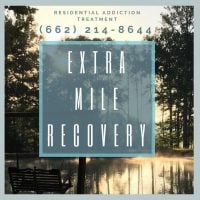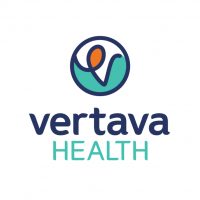Oxford Treatment Center
Drug Rehab Center in Etta, Mississippi
Oxford Treatment Center provides quality addiction and substance abuse care in a serene setting, offering comprehensive services including evidence-based and holistic therapies, individualized treatment and aftercare planning, and unique services such as equine therapy and alumni support.
About This Mississippi Facility
Oxford Treatment Center in Etta, Mississippi is dedicated to providing quality care for those suffering from addiction and substance abuse in a serene, tranquil setting. It's a place where individuals can address the underlying issues and challenges that accompany addiction, such as mental health issues, behaviorial issues and other preventative, educational and professional services. The center provides comprehensive services to support individuals and their families during recovery, such as assessments, individualized treatment and aftercare planning, medication management, and on-site medical and psychiatric services.
Oxford Treatment Center offers a variety of evidence-based and holistic therapies that address different aspects of addiction and promote healthy, sustainable recovery. These include Cognitive Behavioral Therapy, Dialectical Behavioral Therapy, Narcotics Anonymous and Alcoholics Anonymous, therapeutic recreational activities, art therapy, music therapy and nutrition services. In addition, the center offers family and group therapy and mindfulness-based meditation training to support the individual’s recovery.
Oxford Treatment Center is accredited by the Mississippi State Board of Health, licensed by the Mississippi Department of Mental Health and the Mississippi Department of Health and is a member of the National Association of Addiction Treatment Providers. The center also offers unique services such as life skills training, a creative arts program, equine therapy and alumni services to ensure continued support for individuals and families throughout the recovery process.
Genders
Ages
Modality
Additional
Accreditations

CARF
The Commission on Accreditation of Rehabilitation Facilities (CARF) is a non-profit organization that specifically accredits rehab organizations. Founded in 1966, CARF's, mission is to help service providers like rehab facilities maintain high standards of care.
Conditions and Issues Treated
People who abuse drugs are likely to suffer from an addiction, which can cause serious health problems. When it comes to helping drug abusers get sober, there are many options to choose from. It is essential to state that there is no “”correct”” way of doing things. People are different, and they need different types of help to get over their addiction.
Many people who struggle with opioid addiction need to attend specific programs like methadone , Suboxone or Vivitrol clinics.
These types of programs will provide the patient with legal, prescription medications that can help them overcome their cravings for illegal opioids like heroin or fentanyl . If the patient has a chronic condition like Hepatitis C, they must undergo treatment before they can begin taking these medications.
Dual Diagnosis refers to someone who is both dealing with addiction and another mental health issue.
There are different kinds of Dual Diagnosis: A person who simultaneously experiences both a mental illness and an addiction disorder. Or, a person who experiences one or more coexisting (simultaneous) mental health conditions in addition to a primary substance use disorder.
Some conditions that commonly co-occur with addiction include:
- Personality Disorders (Borderline, Narcissistic)
- Mood Disorders (Bipolar Disorder, Depression, Anxiety Disorder)
- PTSD (Post Traumatic Stress Disorder), OCD (Obsessive Compulsive Disorder), ADHD (Attention Deficit Hyperactivity Disorder)
- Schizophrenia, Psychosis, Hallucinations, Delusions
Levels of Care Offered at Oxford Treatment Center
This center offers a variety of custom treatment tailored to individual recovery. Currently available are Detox, Drug Rehab, Dual-Diagnosis, Inpatient, Outpatient, Residential, Sober-Living / Half-Way, with additional therapies available as listed below.
An addict may have to go through alcohol or drug withdrawal. While detox may be uncomfortable, it is not life-threatening. Detoxification allows the addict to rid the body of all traces of drugs or alcohol and gives the addict a clean slate for their recovery. In an inpatient or outpatient setting, detox can be managed medically.
Individuals who are suffering from severe addiction or have a high risk for dangerous health concerns are often recommended to receive inpatient treatment.
Choosing to enter an inpatient treatment program is beneficial for people who are suffering from severe addiction, or who have a high risk for dangerous health concerns.
Inpatient treatment is beneficial for:
- People who have a history of severe withdrawal.
- People who have attempted to overcome addiction on their own without success.
- People who have a history of relapse, or have recently relapsed.
- People at risk for drug overdose or withdrawal-related complications.
- People with medical conditions that are worsened by drug or alcohol use.
Outpatient treatment programs provide drug and alcohol addiction treatment through individual sessions with a counselor, group therapy, 12-step meetings, and other activities to help individuals gain sober living skills. Most programs are designed for those individuals who have completed a medically supervised detoxification program and provide opportunities for clients to begin the process of early recovery.
Outpatient programs also offer a level of medical support as needed and psychological backing through therapy. Clients are encouraged to live at home, though there may be some flexibility regarding this requirement based on the circumstances and needs of each patient.
Outpatient treatment is perhaps the most common type of dual diagnosis program available. It does not pose a significant financial burden on patients. However, it is essential to note that outpatient treatment does not provide the support and supervision given in residential programs. Some addicts may need this level of support to maintain their sobriety.
Sober Living Home (SLH) is a term used to describe houses where people recovering from addiction can stay. The goal of these places is to provide immediate support and protection that the addict needs and force them to live a life free from substance abuse.
SLH’s typically allow the addict to live there for 30, 60, or 90 days. This is intended to enable the addict time to develop a foundation of “sobriety,”; allowing them to adjust to living without the substance while building new life skills. During this time, addicts also typically attend regular addiction, education classes.
Residential treatment programs are those that offer housing and meals in addition to substance abuse treatment. Rehab facilities that offer residential treatment allow patients to focus solely on recovery, in an environment totally separate from their lives. Some rehab centers specialize in short-term residential treatment (a few days to a week or two), while others solely provide treatment on a long-term basis (several weeks to months). Some offer both, and tailor treatment to the patient’s individual requirements.
Therapies & Programs
Therapy sessions focused on the individual addict can provide much-needed guidance as they work toward overcoming their addiction. These types of sessions typically involve guidance from a therapist, who will help addicts identify and process their feelings and cravings.
During these sessions, addicts may develop plans for coping with the triggers that typically lead to relapse and learn how to avoid those triggers during their recovery process.
The main goal of family therapy for drug addiction is to create an environment where communication can occur without judgment, hostility, or blame that often occurs within a family.
Family therapy is a type of group problem-solving that aims to improve communication and relationships between the patient, their family, and sometimes friends. The therapist is with the family as they learn to communicate with each other differently, especially with the addict when s/he is using.
The family can learn to reduce their enabling behavior or rally together and support each other during tough times. The patient also learns how to deal with their addiction and maintain sobriety while interacting with the family.
Different types of addiction treatment services are available. Within this article, group therapy is of interest due to its high success rate compared to individual therapy. Group therapy settings are beneficial because they allow recovering addicts to build a strong support network.
Benefits of group therapy are:
- Reduces feelings of isolation
- Immediate access to social support in the form of fellow addicts in recovery
- Lowers risk of relapse
- Increases rate of sobriety
- Builds coping skills that can be applied to everyday life
Trauma Therapy is a form of therapy that involves working with a patient to help them process and understand the past trauma(s) in their life. The idea behind it is that while some people can experience traumatic events and not have lasting psychiatric symptoms, many others will. In these cases, memories of the event get hidden from consciousness but continue to influence how the person processes and copes with things in their life. They may avoid situations that resemble what happened or become suddenly angry or irritated to a situation that reminds them of a past event.
With the help of a therapist, people can go back over memories and experiences. This helps them understand why they are having problems coping with certain situations and how they can change how they think and react to things. This therapy is typically done using techniques such as visualization, discussion, and writing down thoughts and feelings.
Trauma therapists will work with clients to help them understand their past and present relationships. Many times, patients may believe that something is inherently wrong with them or that they are unworthy of love. A therapist aims to correct these negative feelings and behaviors by helping the person realize that their actions do not reflect who they truly are.
One of the main goals of trauma therapy is to help clients express their emotions and talk about what they are feeling. This benefits both to increase awareness of how certain events have impacted them in the past and enables patients to realize that they can make changes in their lives.
Patient Experience
Creative Arts
Creative Arts Therapy (CAT) is a form of art therapy that uses creative activities such as music, painting, drama, and writing to help patients explore their feelings. It can help people struggling with addiction or mental illness access their inner voices and discover their unique potential. It is particularly effective with people who may not respond to other forms of therapy or lack the motivation to take part in more traditional forms of counseling.
Experiential Therapy at Oxford Treatment Center
Experiential therapy is a form of psychotherapy where patients are asked to engage in activities such as role-play, poetry writing, music composition, exercising, or journaling to help process intense feelings. The aim of the therapy is to help patients access deeper, often hidden emotions by helping them explore their own body and mind.
Equine Therapy at Oxford Treatment Center
Equine therapy, also known as horse therapy, involves working with horses to achieve physical, mental, emotional, and social goals. Horse therapy dates back to the late 1940s, when children who were survivors of concentration camps during WWII worked with horses to help them deal with their trauma. Soon after, equine therapy was developed in America for children with disabilities. This practice has since evolved to incorporate various types of equine activities for people with a wide variety of special needs. This includes individuals suffering from mental health disorders, drug and alcohol addiction issues.
Horses are large creatures that are typically seen as intimidating by humans. However, they are very gentle animals that do not attack unless provoked. They are also herding animals that seek out the company of others. Horses are affectionate creatures that interact with one another in various ways — nuzzling, licking, and grooming. These distinct behaviors can help humans overcome desensitization and build trust with themselves and others when they are gradually introduced to horses through equine therapy.
Payment Options Accepted
For specific insurance or payment methods please contact us.
Is your insurance accepted?
Ask an expert, call (888) 674-0062
Additional Details
Specifics, location, and helpful extra information.
Etta, Mississippi 38627 Phone Number(662) 281-9992 Meta DetailsUpdated November 25, 2023
Staff Verified
Patient Reviews
There are no reviews yet. Be the first one to write one.
Etta, Mississippi Addiction Information
Mississippi has one of the highest rates of drug and alcohol abuse-related deaths. Approximately 350,000 residents use illicit drugs every year while another 108,000 abuse alcohol. In one year, doctors in Mississippi prescribed 76.8 opioid prescriptions for every 100 persons. This compares to the national rate of 51.4 prescriptions.
Treatment in Nearby Cities
- Holly Springs, MS (21.7 mi.)
- Eupora, MS (65.3 mi.)
- Mendenhall, MS (177.7 mi.)
- Louisville, MS (95.0 mi.)
- Houston, MS (43.7 mi.)
Centers near Oxford Treatment Center
The facility name, logo and brand are the property and registered trademarks of Oxford Treatment Center, and are being used for identification and informational purposes only. Use of these names, logos and brands shall not imply endorsement. RehabNow.org is not affiliated with or sponsored by Oxford Treatment Center.









